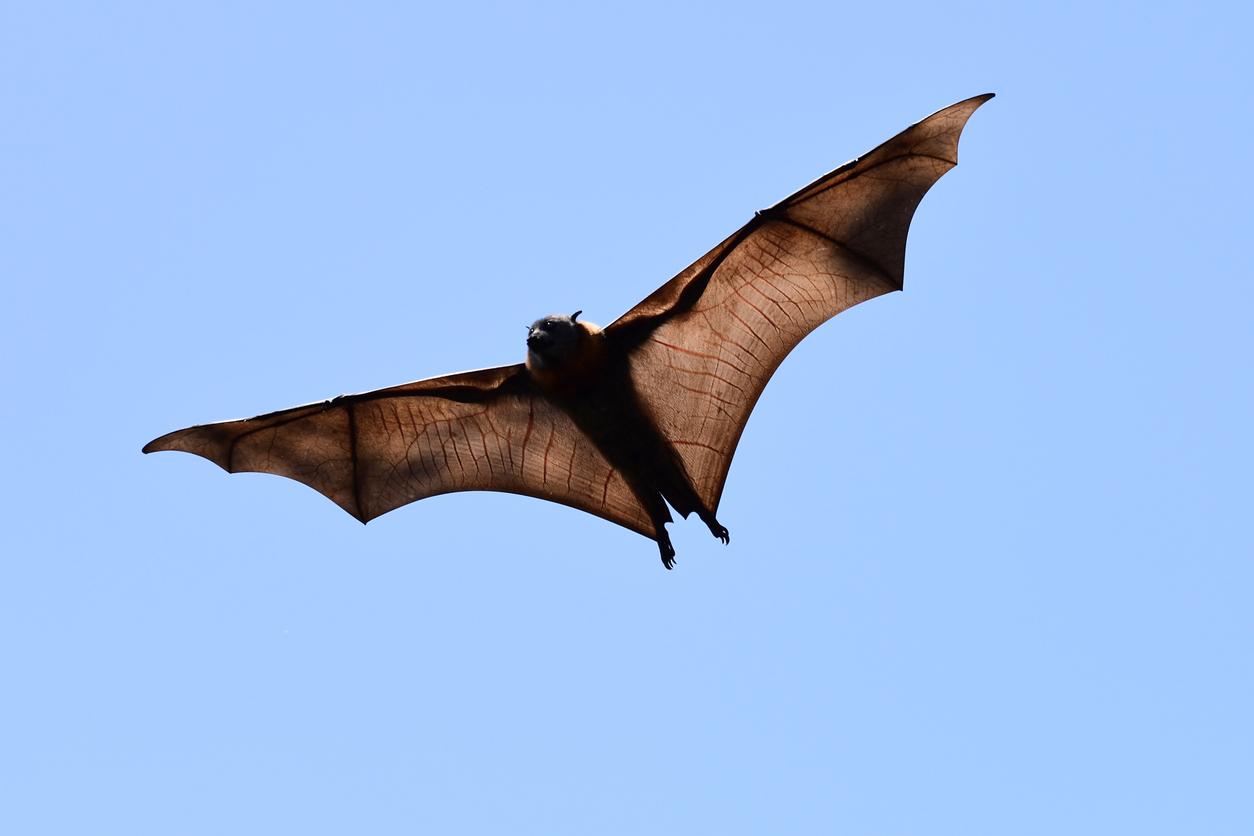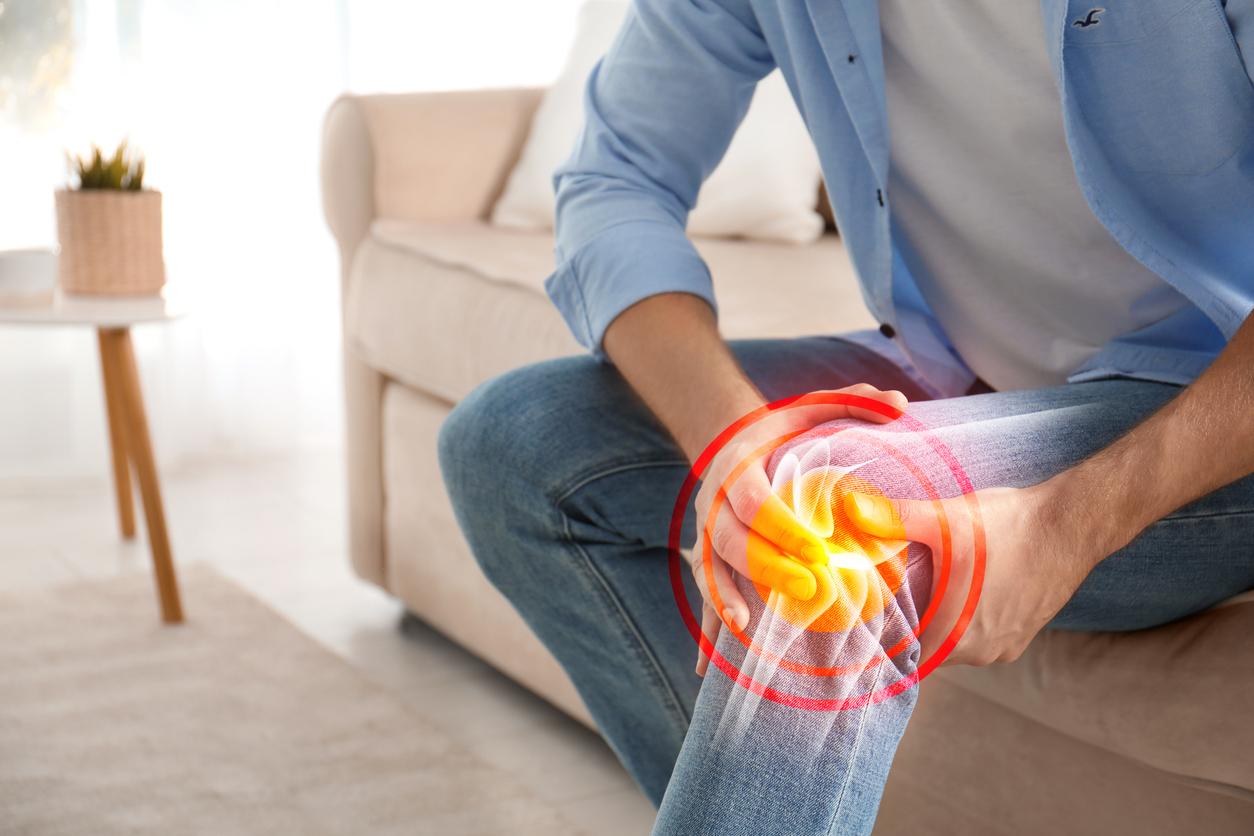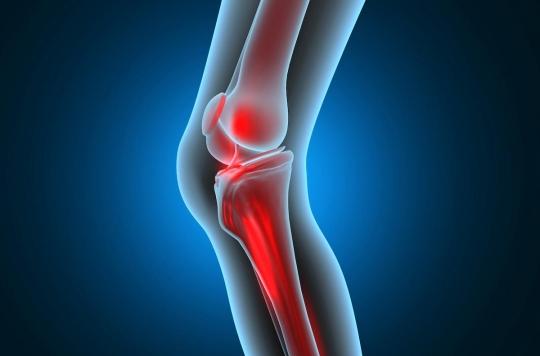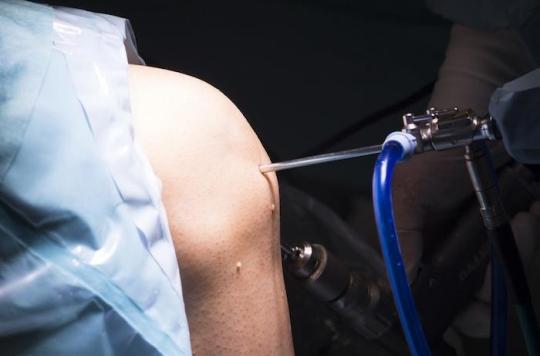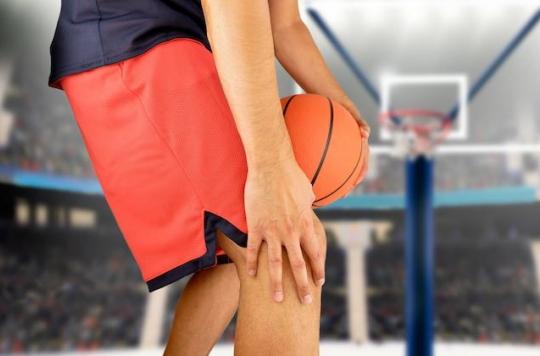
I am 64 years old and have heard a ‘tear’ in my knee when turning my upper body to the left, leaving my knee stationary. I see on the internet that above a certain age no surgery is done anymore. Is this correct? Which exercises do you recommend to let my thigh take over the function of the cruciate ligament?
So the diagnosis has not yet been made, but this is based on my own assumption. I lead a quiet life without sports, but I do cycle.
What should I do if I have a torn meniscus? My outer meniscus was removed 40 years ago.
Ineke
Mark Chen, physical therapist:
Whether or not the surgery is done again probably depends more on the general health and functioning of the knee than on age. To know for sure, you could consult with the general practitioner or the orthopedic surgeon who would be the appropriate person to perform the possible operation.
You indicate that the diagnosis has not yet been made. I think it’s a good idea to at least have the knee examined by a specialist and have the cruciate ligament tested. If these are positive, there is a considerable chance that a crack is actually present. In the case of a tear, this does not mean that surgery is actually necessary.
The cruciate ligaments are mainly needed for fast movements where we change direction. For example, consider tennis or football. If cycling and walking account for the largest part of your sporting activities, there is a good chance that you can continue to function completely without complaints, even without a cruciate ligament.
I recommend that you at least visit a physiotherapist to have your knee examined. He/she can immediately give exercises to strengthen the knee if necessary.
I hope this helps!
Do you also have a question? Then ask one of our experts. Always go to your doctor with urgent questions, the experts are not the right person for that. They also do not diagnose. You can find the other conditions here.
Mark Chen is a physiotherapist and NASM trained personal trainer. Since August 2014 he has been working in Phnom Penh, Cambodia. His expertise lies in analyzing and optimizing movement patterns. Dry needling and medical taping are an important part of his vision and training predominates.




